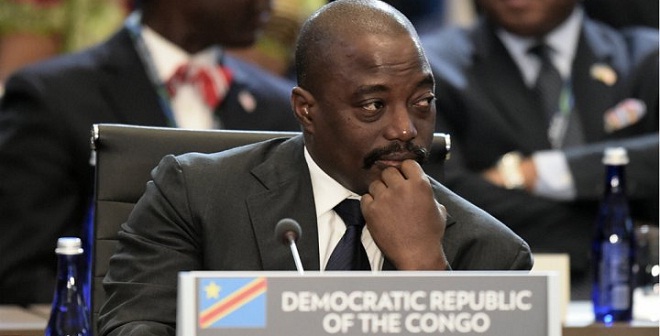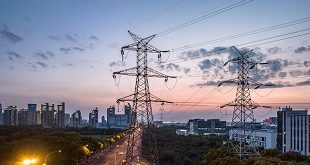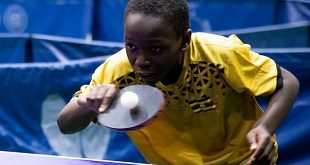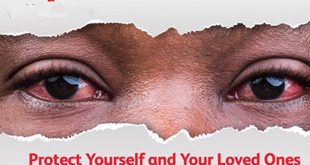
Kinshasa, DR Congo | AFP | Democratic Republic of Congo has said elections to replace President Joseph Kabila will take place by December 2018, a year later than scheduled.
Following is an explanation why the decision is so important for DRC’s political crisis:
– Election deal –
A mineral-rich country a quarter the size of Europe, but mired in poverty and corruption, scarred by ethnic divisions and fighting in its east, DRC is one of Africa’s most volatile nations.
The present crisis brewed after Kabila refused to step down last December on the expiry of his second and final term in office. The 46-year-old has been president since 2001 after taking over from his assassinated father, Laurent.
As political violence escalated, the Catholic church brokered a deal on New Year’s Eve under which there would be a government transition, culminating in fresh elections in 2017.
But in October, the country’s electoral commission said there would be no vote before March or April 2019 as violence in remote regions had hampered the compilation of the electoral roll.
Fearing that fighting would erupt once again, the international community urged the authorities to issue a clear timetable.
– Opposition anger –
The election commission on Sunday said “direct voting” will take place on December 23, 2018, covering presidential, legislative, regional and local elections.
But the immediate response from the opposition is anger and adherence to the New Year’s Eve deal.
“This fanciful schedule is one more manoeuvre by a predator regime which wants to hold onto power indefinitely,” said leading opposition figure Moise Katumbi, who accused Kabila of “pillaging” the country.
“What interests us right now is the departure of Kabila by December 31, 2017,” said Augustin Kabuya, for the Union for Democracy and Social Progress (UDPS).
– Diplomatic response –
In a crisis that is being intensely followed abroad, the US has become the first of the major powers to throw its weight behind the new electoral calendar, but warned it will not brook further postponement.
“The release of an electoral calendar — while long overdue — sets a clear timeline for a transition of power,” Nikki Haley, the US ambassador to the United Nations, said on Monday.
In a visit to Kinshasa last month, Haley had demanded that elections be held in 2018 or else face losing international support.
“We will work closely with the DRC, the UN, and our partners to ensure President Kabila and his government stick to this timeline, encourage full peaceful participation and freedom of speech, and do not permit any further delay,” she added.
UN spokesman Farhan Haq said the further delay was regrettable and elections must be “credible, free, and fair.”
– Is Kabila under threat? –
Kabila may be facing unpopularity at home and pressure abroad, but his position does not seem in immediate threat.
The east of the country remains in the grip of unrest, but armed Congolese groups seem unlikely these days to threaten the regime — as they did in 1997, when Kabila’s father, Laurent Kabila, overthrew president Mobutu Sese Seko with help from Rwanda.
In domestic politics, the country’s two biggest opposition leaders — Katumbi and Felix Tshisekedi — have forged a strategic alliance.
But Tshisekedi lacks the crowd-rousing power of his father, Etienne Tshisekedi, the opposition’s historical leader, who died in Brussels in February.
His ability to rouse the street has also been crimped by a crackdown on rallies, which have led to half a dozen deaths and a string of arrests.
His ally Katumbi, a wealthy businessman and former governor of Katanga province who is president of the major football club TP Mazembe, claims to have unrivalled popularity across the country.
But tactically, Katumbi is on weak ground — he is in de-facto exile in Brussels, after being condemned in absentia in a real-estate affair. He has said he will return to DRC in December, but not spelt out how he can avoid prison.
Another plus for Kabila is that he remains supported by key parts of the security apparatus, including the elite presidential guard and intelligence agency, and by his entourage. Thus, for now, the dynamic seems to be in his favour.
 The Independent Uganda: You get the Truth we Pay the Price
The Independent Uganda: You get the Truth we Pay the Price


